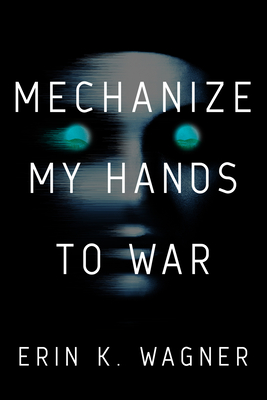
description
4"Wagner wows in this nuanced look at the implications of AI on humanity...sharply imagined and all too plausible." --Publishers Weekly (starred review) The emergence of artificial life intersects with state violence and political extremism in Erin K. Wagner's rural Appalachia, where startlingly intimate portraits of survival and empathy bloom against a stark backdrop of loss. September, 2060: Adrian Hall, acting director of the ATF, is holding a press conference. Yes, Eli Whitaker, anti-android demagogue, remains at large, and yes, he is recruiting children into his militia -- Adrian is careful not to use the word army. She is careful all the way through the conference, right up until someone asks her about her personal connection to Whitaker; about Trey Caudill, his foster son. July, 2058: Farmers Shay and Ernst, struggling after they discover their GMO crop seeds have failed, hire android employees: Sarah as hospice, and AG-15 to work the now-toxic fields. Under one roof, four lives intertwine in ways no one expects. July, 2060: Special Agent Trey Caudill is leading a raid on Eli Whitaker's farm when an android, call sign Ora, shoots and kills a child. March, 2061: Ora sits in a room. He has been there for seven months, resisting diagnostic tests. He is drawing on the walls, scratching his artificial skin, tracing something over and over and over again with a tired metallic finger. There is nothing wrong with his circuitry, so why does Ora feel so broken? Unflinching yet understated, making expert use of its nonlinear form, Mechanize My Hands to War is at once a study of grief and an ode to the power of self-determination.
member goods
No member items were found under this heading.
Return Policy
All sales are final
Shipping
No special shipping considerations available.
Shipping fees determined at checkout.







